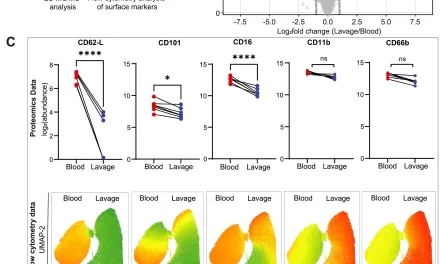
Groundbreaking research by Brigham and Women’s Hospital and Dana-Farber Cancer Institute has unveiled a potential game-changer in cancer care. Their study, published in Cancer Cell, suggests that integrating next-generation sequencing into existing cancer diagnosis protocols could substantially enhance the identification of patients who might benefit from immunotherapy.
Immunotherapy has proven highly effective for cancer patients with mismatch repair deficiency, yet standard testing methods may overlook critical cases. Dr. Elias Bou Farhat, the study’s lead author, highlighted the pivotal role of next-generation sequencing in identifying missed cases, estimating that implementing this advanced testing could potentially benefit around 6,000 more patients annually in the United States.
The study focused on colorectal and endometrial cancers, where mismatch repair deficiency is prevalent. Current standard tests like immunohistochemistry missed approximately 6% of endometrial and 1% of colorectal cancer patients with this condition. However, next-generation sequencing successfully identified these cases, demonstrating its superior sensitivity in detecting specific mutations.
Dr. Farhat emphasized the significant impact on patient outcomes, emphasizing the potential for immunotherapy to extend survival and, in some cases, lead to potential cures, particularly for late-stage cancer patients with this condition.
The data revealed that patients identified through both tests exhibited similar survival rates, stressing the importance of not overlooking potential candidates for immunotherapy. Dr. Amin Nassar, the senior author, stressed the critical need to avoid depriving patients of effective treatments while minimizing ineffective or more toxic therapies.
This research not only underscores the potential for next-generation sequencing to refine cancer diagnostics but also hints at broader applications across various cancer types and genetic deficiencies. The team plans to expand their investigations to explore other sequencing panels and further understand the role of genetic deficiencies linked to mismatch repair deficiency.
The findings offer a ray of hope for thousands of cancer patients, emphasizing the critical role of advanced diagnostics in revolutionizing cancer care and ensuring more tailored and effective treatments.











